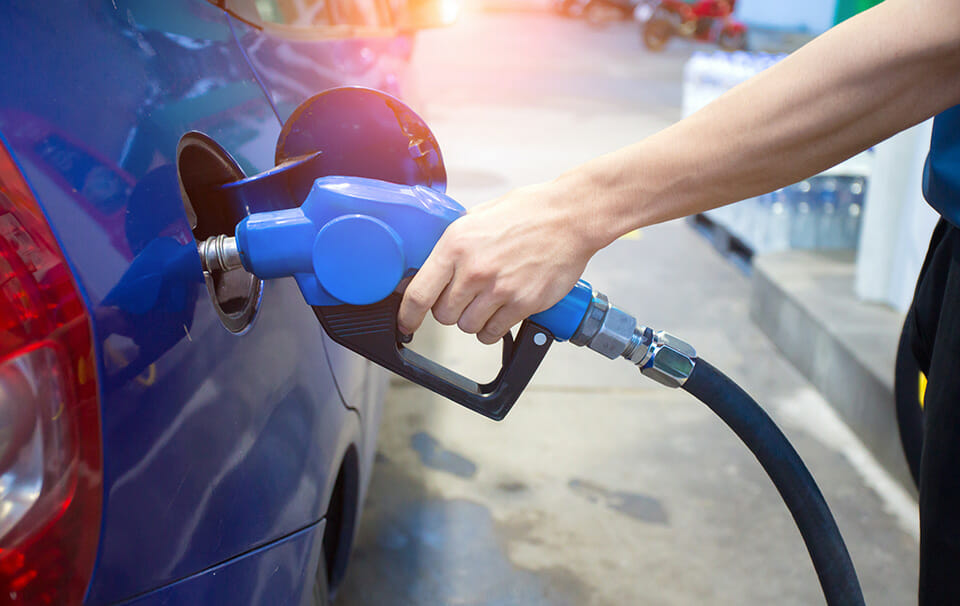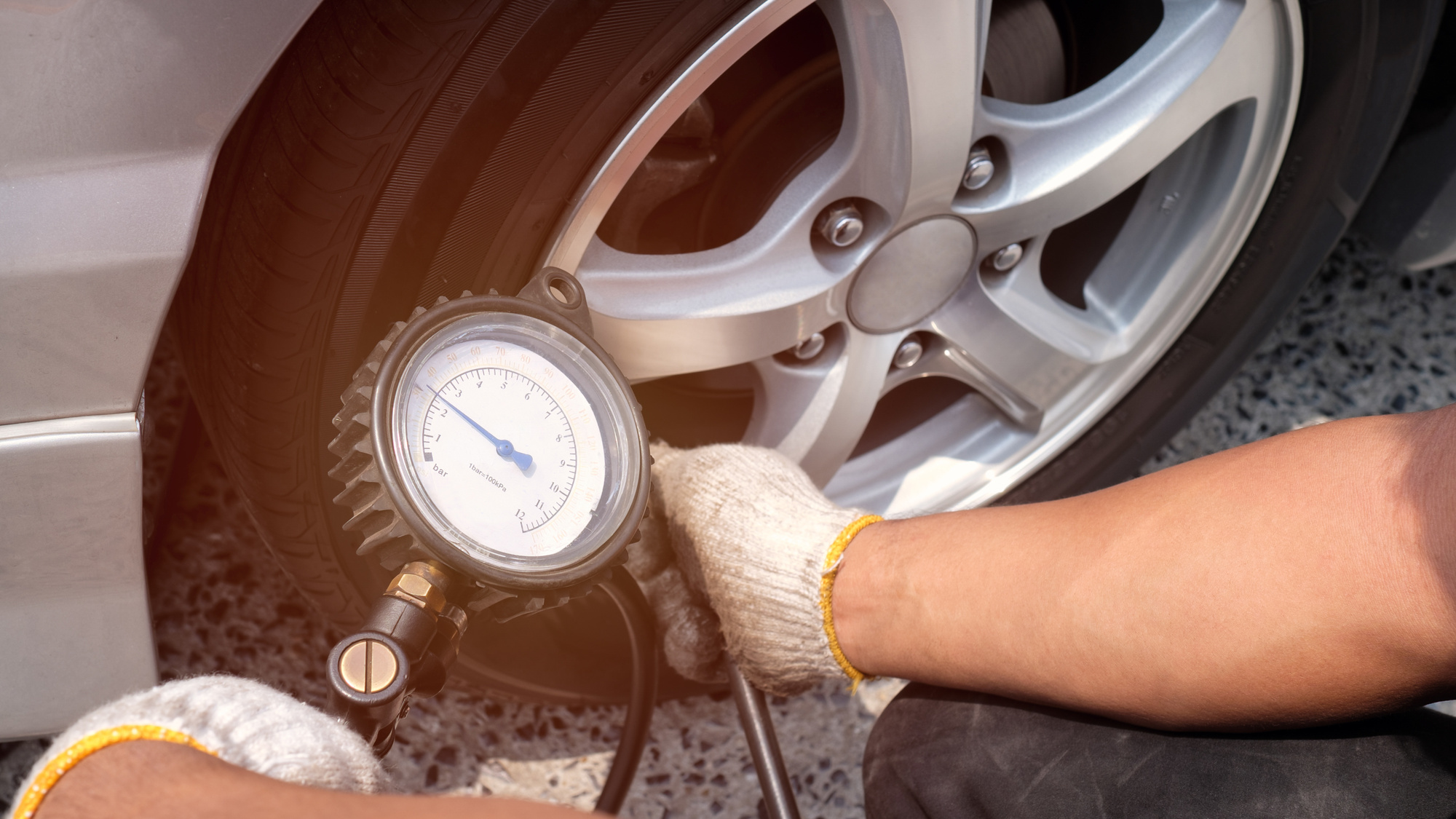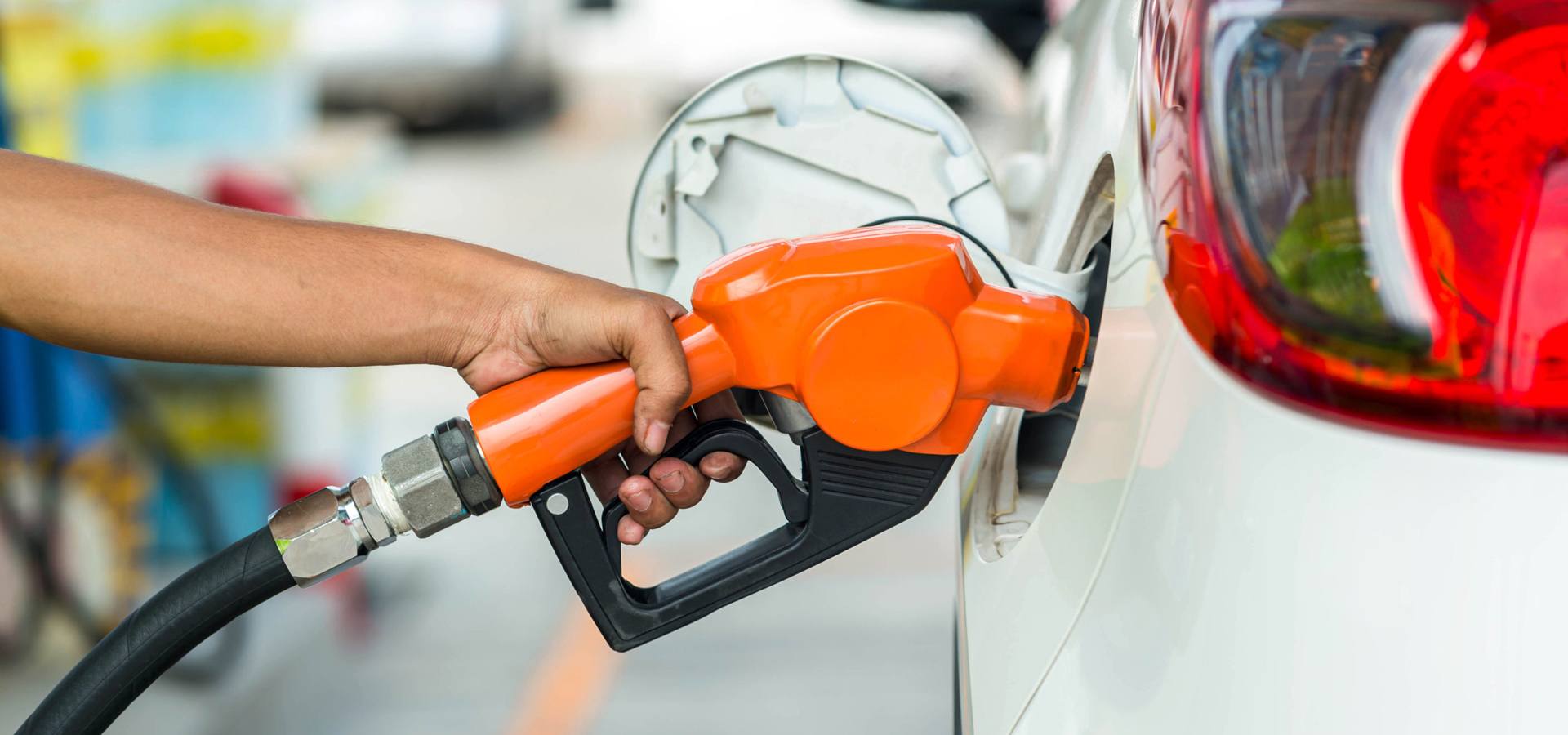Improving your car’s fuel efficiency is not only beneficial for your wallet but also for the environment. By adopting a few practical habits and making small adjustments, you can significantly reduce your fuel consumption and emissions.
These changes range from simple driving techniques to regular maintenance practices that enhance your vehicle’s performance. Whether you’re commuting to work or embarking on a road trip, implementing these tips can help you get the most out of every tank of fuel.

In this article, we will explore practical ways to boost your car’s fuel efficiency, including maintaining proper tire pressure, reducing excess weight, optimizing driving habits, keeping your engine well tuned, using air conditioning wisely, and planning your routes effectively.
By incorporating these strategies into your routine, you can enjoy a smoother ride and contribute to a greener planet.
Maintain Proper Tire Pressure
Keeping your tires properly inflated is one of the simplest and most effective ways to improve fuel efficiency. Under-inflated tires create more rolling resistance, which means your engine has to work harder to move the vehicle, leading to higher fuel consumption.
To ensure your tires are at the optimal pressure, check them at least once a month using a reliable tire gauge. Refer to your vehicle’s owner’s manual or the sticker inside the driver’s door for the recommended tire pressure.
Additionally, inspect your tires for any signs of damage or uneven wear, as these can also affect fuel efficiency. Maintaining proper tire pressure not only helps you save on fuel but also extends the life of your tires and enhances overall driving safety.
Reduce Excess Weight
Carrying unnecessary weight in your vehicle can significantly impact fuel efficiency. The heavier your car, the more fuel it requires to move. To improve your mileage, remove any items from your trunk or backseat that you don’t need, such as sports equipment, tools, or heavy luggage.
Even smaller items can add up over time. If you have a roof rack or carrier that you’re not using, consider removing it as well, as it increases aerodynamic drag. By reducing the load your engine has to carry, you can improve fuel efficiency and enjoy a more responsive driving experience.
Regularly decluttering your vehicle not only helps save fuel but also creates a more comfortable and organized space.
Optimize Driving Habits
Your driving style has a significant impact on fuel consumption. Adopting fuel-efficient driving habits can lead to substantial savings. Start by accelerating smoothly and avoiding rapid starts and stops, as aggressive driving can dramatically decrease fuel efficiency.
Maintain a steady speed whenever possible and use cruise control on highways to help achieve this. Anticipate traffic conditions and try to coast to a stop rather than braking abruptly.

Additionally, avoid excessive idling, as it wastes fuel. If you expect to be stationary for more than a minute, such as at a long traffic light or train crossing, it’s more fuel efficient to turn off the engine. By optimizing your driving habits, you can reduce fuel consumption and enjoy a more relaxed and efficient drive.
Keep Your Engine Well Tuned
Regular engine maintenance is crucial for optimal fuel efficiency. A well tuned engine runs more efficiently and burns fuel more effectively. Follow your vehicle’s maintenance schedule for oil changes, air filter replacements, and spark plug inspections.
Using the recommended grade of motor oil can also make a difference. Dirty or clogged air filters can restrict airflow to the engine, reducing performance and fuel efficiency, so replacing them as needed is essential.
Additionally, ensure your fuel system is clean and free of deposits that can affect fuel injection and combustion. By keeping your engine in good condition, you not only improve fuel efficiency but also enhance your vehicle’s overall performance and longevity.
Use Air Conditioning Wisely
Air conditioning can significantly increase fuel consumption, especially at lower speeds. To improve fuel efficiency, use your air conditioning sparingly. When driving in the city or at slower speeds, consider using the vehicle’s ventilation system or opening the windows to cool down.
However, at higher speeds, open windows can create aerodynamic drag, so it may be more efficient to use the air conditioning. If your vehicle has an “eco” or “economy” mode for the air conditioning, use it to reduce the load on the engine.
Additionally, park in the shade or use a sunshade to keep your car cooler, reducing the need for air conditioning when you start driving. By using air conditioning wisely, you can save fuel and stay comfortable on the road.
Plan Your Routes Effectively
Planning your routes can help you avoid traffic congestion, reduce driving time, and improve fuel efficiency. Use GPS or map applications to find the most efficient routes and avoid areas with heavy traffic.
Plan your errands in one trip rather than making multiple short trips, as a warm engine runs more efficiently than a cold one. Consider carpooling with friends or colleagues to share the cost of fuel and reduce the number of vehicles on the road.

If possible, combine driving with other modes of transportation, such as biking or public transit, for a more efficient commute. By planning your routes effectively, you can save time, reduce fuel consumption, and lower your environmental impact.
By incorporating these practical tips into your driving routine, you can improve your car’s fuel efficiency, save money on fuel, and contribute to a cleaner environment. Regular maintenance, thoughtful driving habits, and strategic planning can make a significant difference in how efficiently your vehicle operates.

